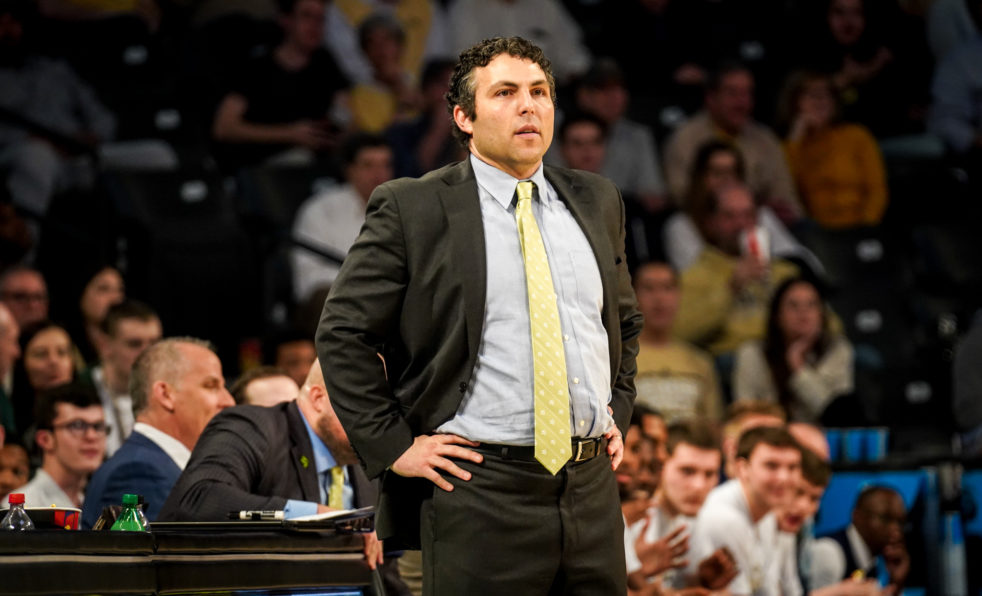The Tech athletic program announced on Monday that they have decided to drop their appeal of the NCAA sanctions placed on them last year. By dropping their appeal, the Jackets men’s basketball team will be ineligible for both the ACC tournament and the NCAA tournament (colloquially known as March Madness) this season.
Last September, the NCAA placed significant sanctions on the men’s basketball program for violations relating mostly to impermissible benefits that were provided to student athletes. The penalties included a postseason ban for the 2019–2020 season, a four year probation period, which involved the removal of one scholarship per year, a two percent reduction of the program’s budget and the prohibition of bringing in recruits for home games.
The primary culprits in the investigation were Darryl LaBarrie, a former assistant coach and Ron Bell, a former friend of Pastner whom the NCAA classified as a “booster.”
LaBarrie was found to have committed a severe breach of conduct, constituting a level one violation. LaBarrie, along with Tech alum and former NBA player Jarrett Jack, was found to have given money to a recruit to go to an Atlanta-area strip club with another member of the Tech basketball team during an official recruiting visit.
LaBarrie’s attempts to cover up these facts during the NCAA’s investigation also contributed to the severity of the sanctions that were handed out. LaBarrie admits taking the recruit to the club and lying to the NCAA, but he denies knowledge of the exchange of money. He is no longer with the program, having resigned in 2017.
Bell was also found to have committed a significant breach of conduct in giving money to both prospective and current Tech players (including current NBA player Josh Okogie), buying them clothes and paying for plane tickets.
Pastner’s personal life has also been affected by the investigation, as his relationship with Bell deteriorated in an ugly fashion. Bell accused Pastner of violations both at Tech and at his other former school, Memphis. Pastner then sued Bell for defamation, but Bell and his girlfriend countersued, accusing Pastner of sexually assaulting the latter. Both lawsuits have since been dropped.
The reasons for dropping the appeal are multi-faceted. By accepting the ban, Pastner can wipe the slate clean for next season. The appeals process likely would have dragged into next season, and the associated penalties would have been delayed accordingly.
Therefore, the 2020-2021 men’s basketball team, which is believed will be one of Pastner’s best since coming to Tech, would have entered the season unsure if they would be allowed to compete in the NCAA’s postseason tournament.
Now that the appeal has been dropped, there will be no threat of a postseason ban hovering over the team entering next season.
Furthermore, although the team had experienced increased measure of success this season, they had a very slim chance of making the tournament and likely would have had to secure the ACC’s automatic bid by winning the conference tournament in order to qualify. While this is certainly not unheard of in a sport that is known for stunning upsets and “Cinderella stories,” the odds of such a run by the Jackets were very low. In many ways, athletic director Todd Stansbury and company were playing the numbers.
Hopefully, this decision on the part of Stansbury, Coach Pastner and Tech athletics will allow the school to move on from this highly regrettable situation. The men’s basketball program will still need to serve the four years of probation, but they can put the postseason ban safely behind them and begin looking forward to next season.
The Jackets will close out the season on Friday night
at Clemson.
